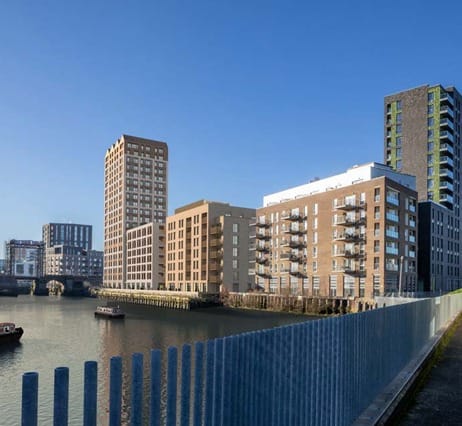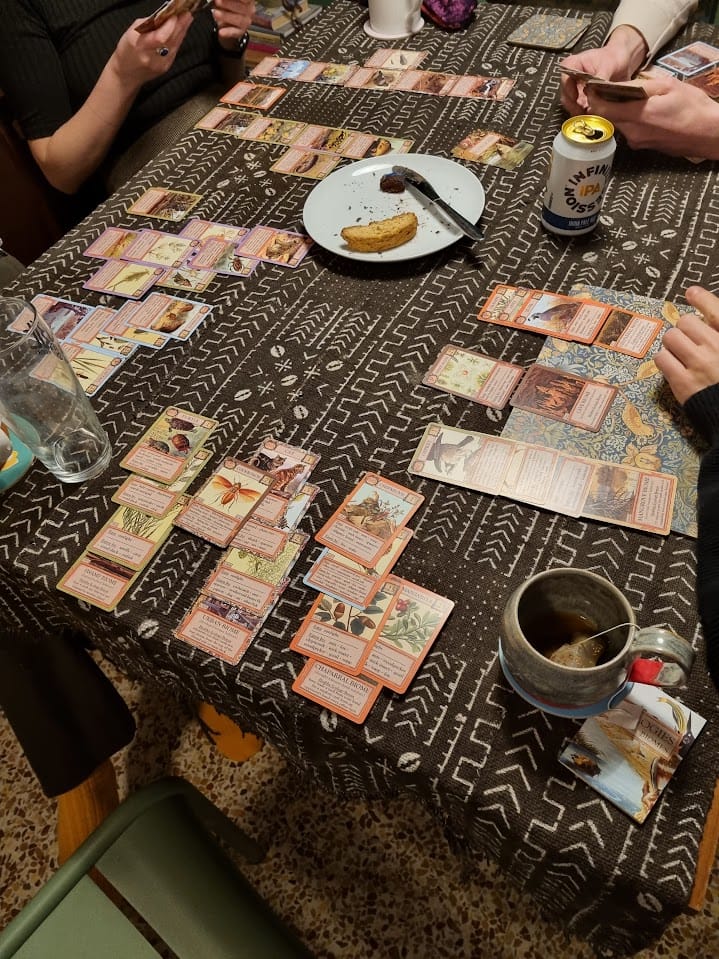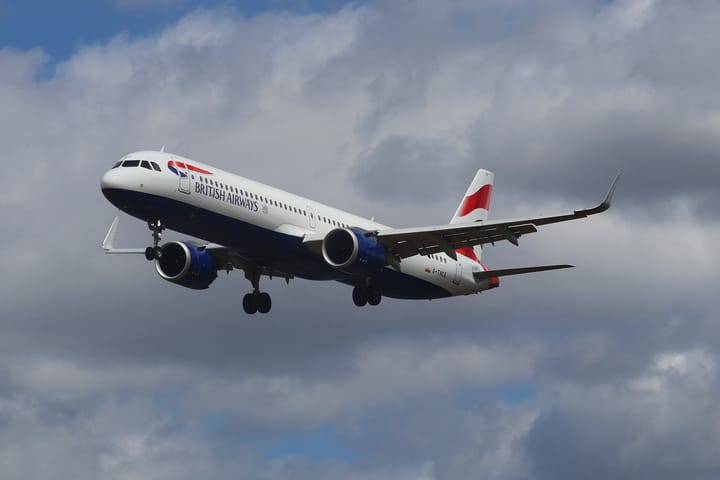Plastics: from pollution to solution
Plastic pollution is out of control and environmental groups have been pushing to secure a global agreement to tackle it. Fossil fuel lobbyists again blocked a full treaty that would cut plastic production. But the fight for a strong treaty and just transition to a reuse-based future goes on.
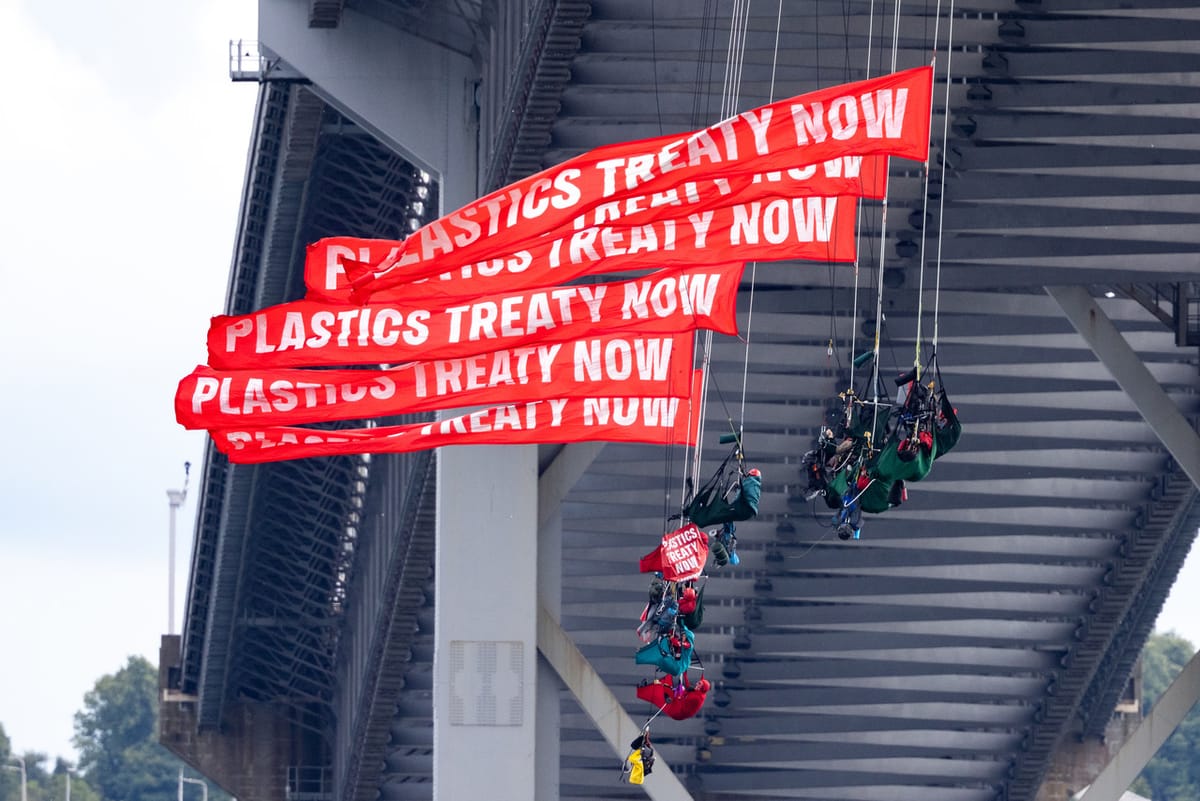
One of the most popular activities organised by our local Greenpeace group is the litter-picking sessions to help tidy up local parks and streams in Greenwich and Lewisham. Inevitably, most of the litter we collect is made of plastic and it reminds us that we are never very far away from the problem of plastic pollution.
Today, the sad fact is that more than 460 million tonnes of plastic are produced globally each year. If left unchecked, this figure is set to triple by 2040. We all do our best to recycle our household waste but the UK’s track record as a nation is still very poor.
UK tops global chart for plastic waste (second only to US)
Last year, Greenpeace and the campaign group, Everyday Plastic, held the second national Big Plastic Count. Almost a quarter of a million people joined in and counted the type and amount of plastic rubbish they accumulated in one week. The results showed that UK households throw away an estimated 90 billion pieces of plastic a year.
Currently, the UK tops the global chart for the greatest amount of plastic waste per person - second only to the US. Even after we have washed our plastic rubbish and put it in the correct bin, there is no guarantee that it will end up being recycled.
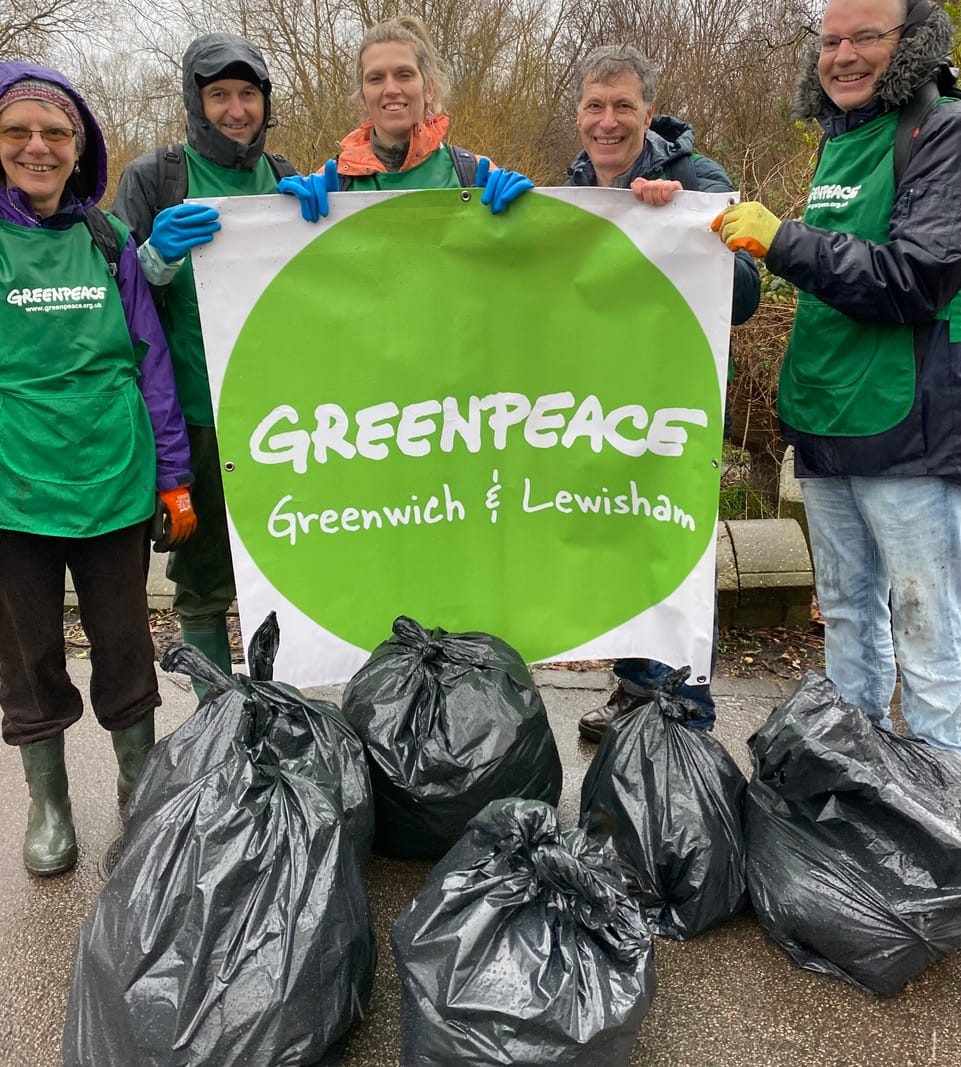
Recent research by Greenpeace found that 58% of plastic packaging is being burned in incinerators like the SELCHP plant in Deptford. Just 17% of our plastic is actually recycled and the rest is sent to landfill or exported to other countries where it is very difficult to trace its final destination.
Greenpeace is particularly worried about the increased use of incinerators. It has been estimated that burning plastic in this way released more climate-changing carbon dioxide per tonne than burning coal. It also poses health risks to local residents. Currently, there are 57 incinerators in operation across the UK and 18 more are under construction, often in areas that are already economically disadvantaged and despite strong local opposition.
The simple truth is that plastic production is out of control and recycling alone won’t solve the problem. The Big Plastic Count revealed that 81% of the plastic itemised consisted of food and drink packaging, likely coming from supermarkets. Greenpeace and Everyday Plastic have been urging supermarkets to do more to reduce unnecessary plastic packaging but progress has been disappointing.
As part of a UK Plastics Pact, big brand supermarkets promised to make all their packaging reusable, recyclable or compostable by 2025. However, a recent Greenpeace review found that the big brands are miles off reaching this goal. Meanwhile, a 2024 national poll found that the UK public is overwhelmingly in favour of reuse, refill and reduction schemes that transform how we shop.
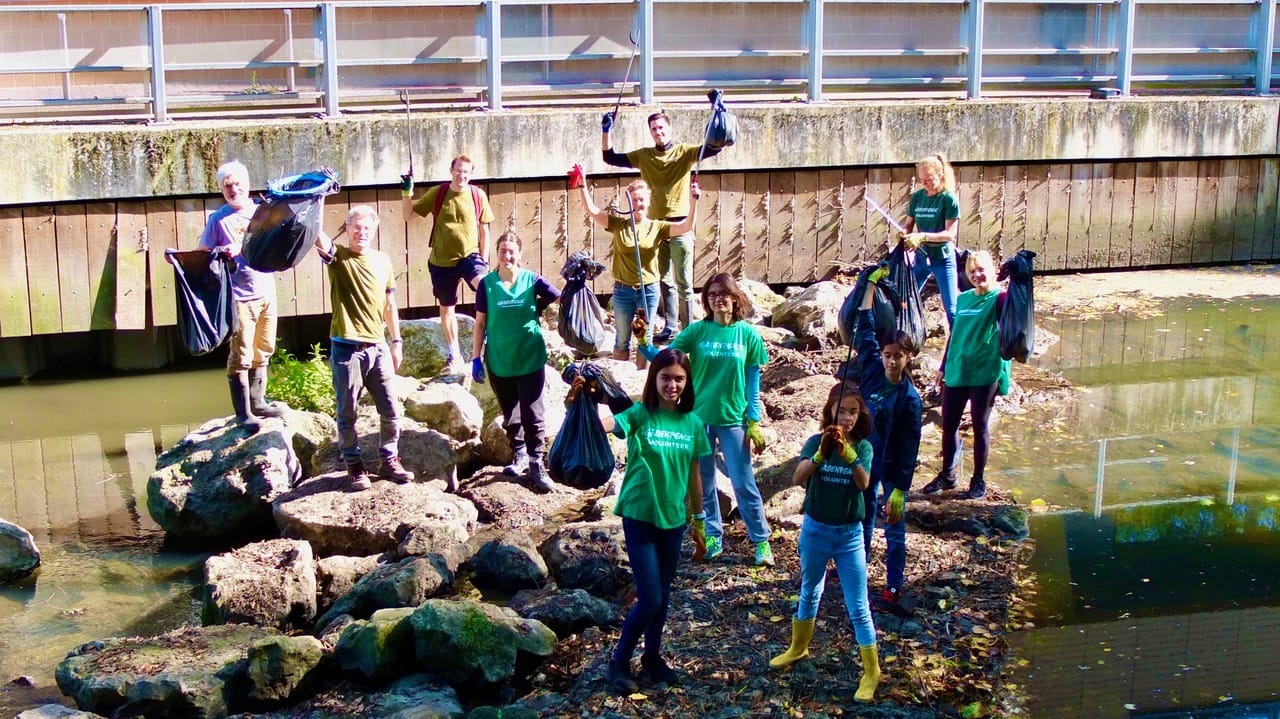
Global plastics treaty
With all this in mind, environmental and social justice campaigns are pushing hard for a solution at global level. This is where the Global Plastics Treaty comes in. In 2022, the United Nations began the process of addressing the impact of plastic pollution and how it can be stopped. The focus is on improving waste management and recycling as well as reducing the production of hard-to-recycle and health-harming plastics.
Since then, Greenpeace and other organisations have been urging the UK government to push for the greatest ambitions of the Treaty. Ministers are being pressured to:
- Show leadership by calling for a legally binding global target to cut plastic production by at least 75% by 2040
- Speed up the introduction of innovative reuse and refill models
- Ban all plastic waste exports by 2027 at the latest
- Immediately implement an all-in Deposit Return Scheme (DRS) and make companies responsible for recycling and reusing the plastic they use in their products
- End approvals for new incinerators.
Public pressure is vital. As global demand for oil declines, the fossil fuel industry has been doubling down on its role in the production of plastics, investing billions in plans to massively expand output. NGOs have complained loudly that the Treaty negotiations have been ‘swamped’ by fossil fuel lobbyists, with Greenpeace calling for them to be banned from the talks.
Blocking fuel to Ineos, UK's biggest plastics manufacturer
At the end of last month (July), a 10-strong team of Greenpeace activists abseiled down from the walkway of Scotland’s Forth Road Bridge to highlight the lack of action on plastic pollution. The protest was designed to block the passage of a ship carrying fuel to power a nearby Ineos petrochemical plant.
Ineos is the UK’s biggest plastics manufacturer and is owned by billionaire Sir Jim Ratcliffe – a member of the small business elite who attempted to bring fracking to the UK a few years back. Along with other major polluting companies, Ratcliffe has also been accused of using sports sponsorship to greenwash his company.
Plastics producers including Ineos have collectively sent hundreds of lobbyists to block efforts to secure a legally-binding agreement to cap plastic production. During the action, Amy Cameron, programme director at Greenpeace UK explained: "Plastic pollution has reached crisis point: it’s poisoning our land, seas, air, even our bodies ..
"Ratcliffe tries to distract us with sports teams and sponsorships but we’re not going to let him fill our planet with plastics, so he can fill his pockets with profit. He is trying to block a strong Global Plastics Treaty, so today we’re blocking him.”
Fossil fuel lobbying - but the fight goes on
After six rounds of negotiations, the world’s nations recently came together in Geneva to finally agree on the text for the Treaty. However, after 10 days of discussion, the fossil fuel sector once again abused the consensus-based decision making process and blocked the Treaty from including any reference to reducing plastic production or banning the use of health-harming chemicals.
Immediately afterwards, Greenpeace asserted: ‘The fight for a strong treaty goes on. The call from people, scientists and civil society is clear: we need a strong, legally binding treaty that cuts plastic production, ends harmful products and chemicals, upholds Indigenous Rights, secures fair financing and accelerates a just transition to a reuse-based future.’
A date for the next round of discussions will be fixed in the near future. However, public concern is clear and Greenpeace has already secured 660,000 signatories on a UK petition to amplify the call for a strong and ambitious Treaty.
It has also launched a wider ‘Make Polluters Pay’ campaign to demand that the world’s biggest polluters start paying to repair the damage they have caused.
Meanwhile, an alliance of progressive organisations is holding a national ‘Make Them Pay’ march in central London on Saturday September 20th.
Camilla Berens is a journalist and volunteer co-ordinator for Greenwich & Lewisham Greenpeace Active Supporters’ Group.
If you would like to find out more about joining the group, contact Camilla at: greenwichgreenpeace@gmail.com (Don’t worry you won’t need to hang off a tall bridge to be part of the team).

